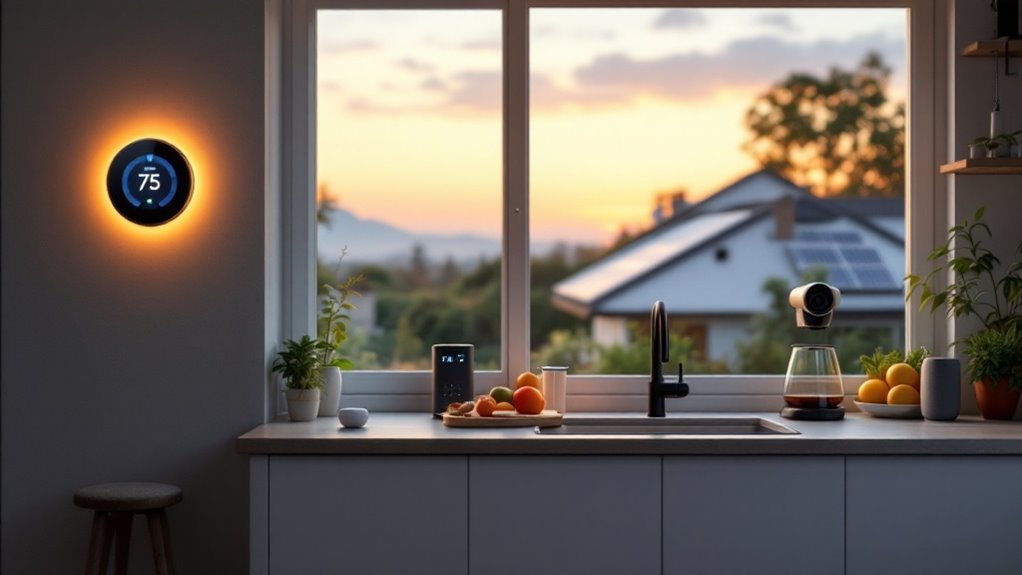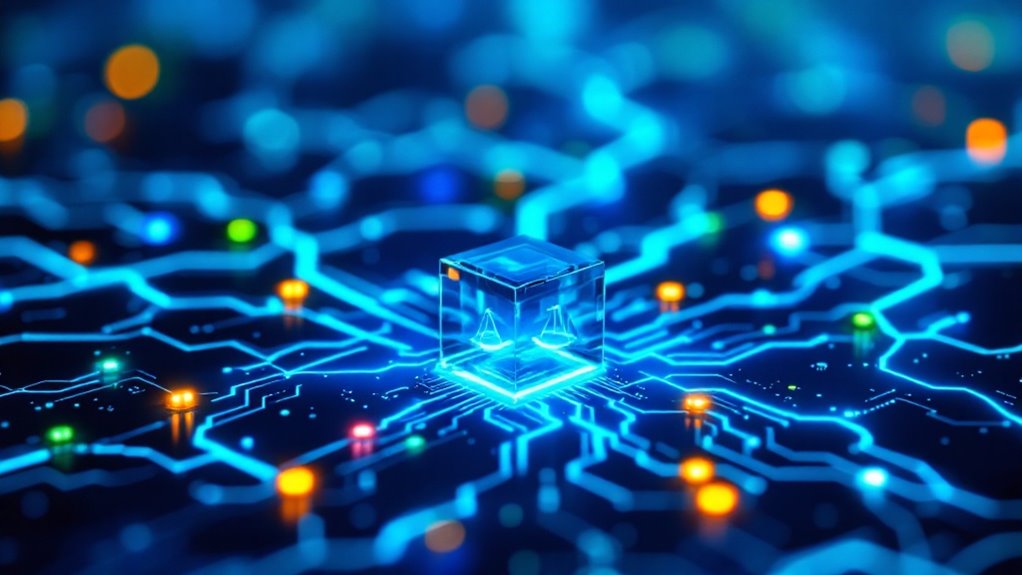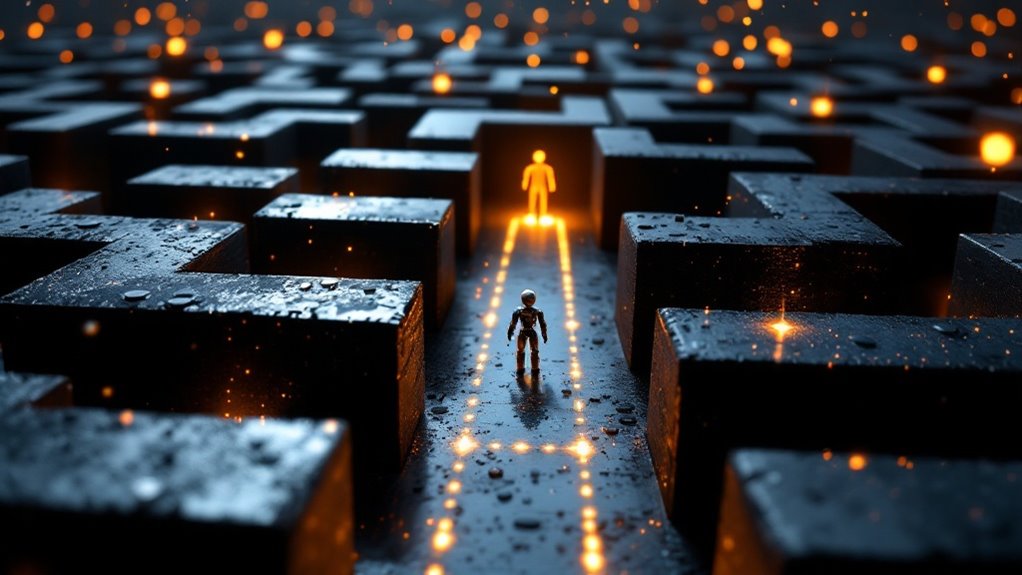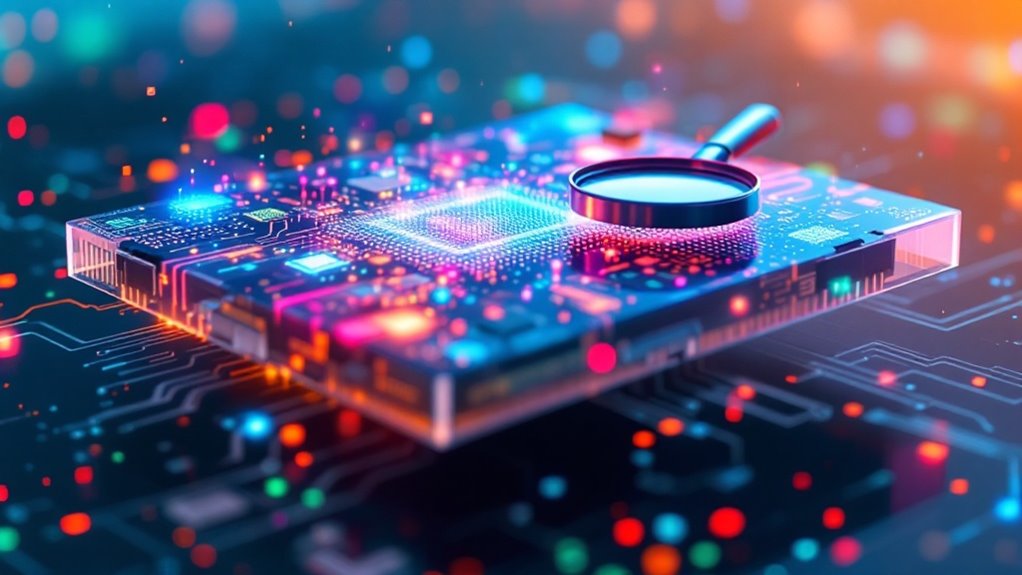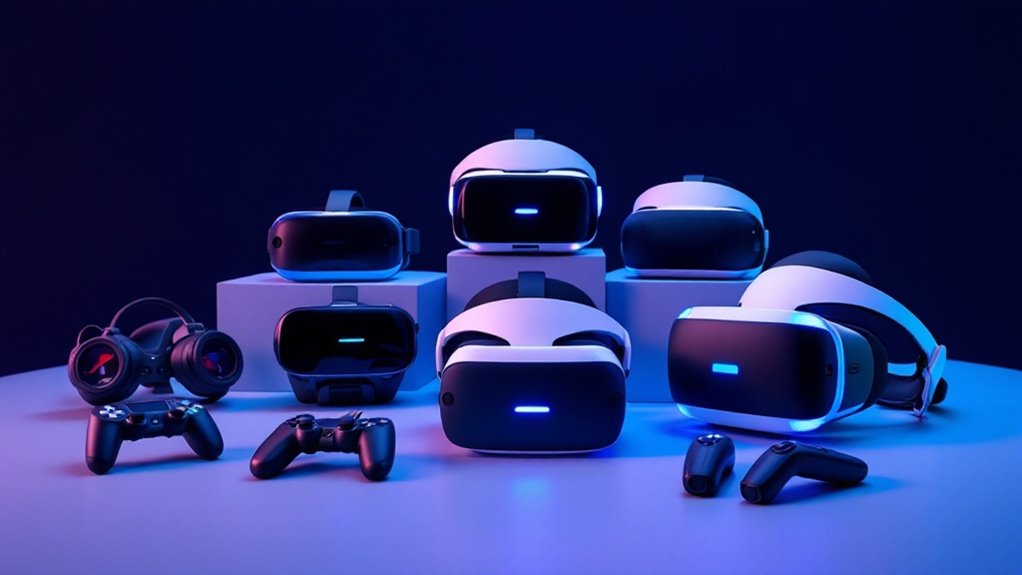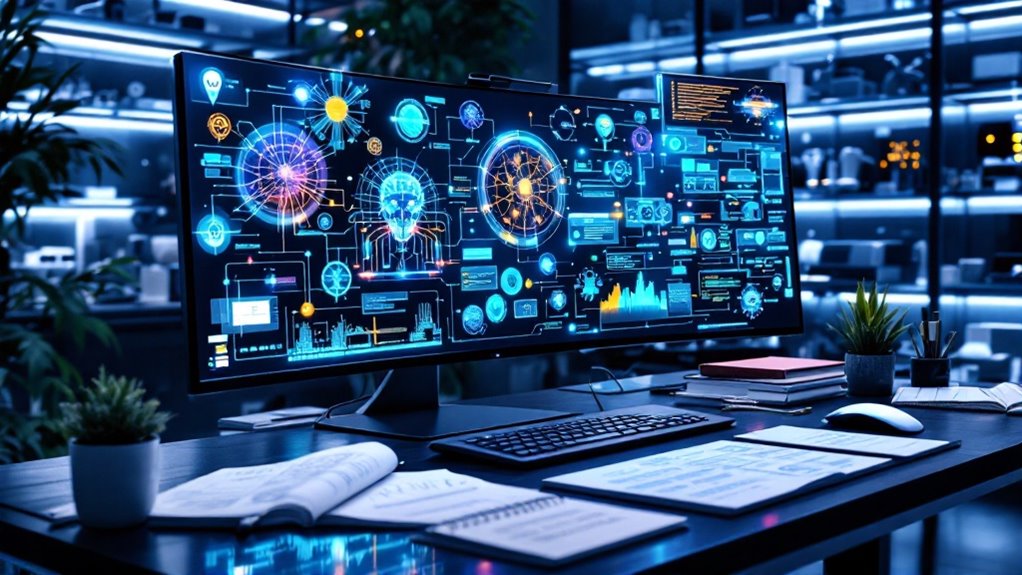AI at home isn’t just futuristic hype—it’s creeping into everything. Smart thermostats know your habits and adjust before you even think about a sweater. Fridges nag you about expiring milk, security cams distinguish your dog from “masked bandits,” and lights stage a sunrise simulation to yank you out of bed. Even water leaks get flagged faster than a plot twist on Netflix. If you’re curious how deep this rabbit hole goes, stick around—things only get smarter (or weirder).
Although the idea of a robot butler still belongs to sci-fi classics, artificial intelligence is already living rent-free in homes everywhere—and it’s not just there to play DJ or remind you about your dentist appointment.
AI has quietly moved from the background of tech expos to the foreground of everyday living, making homes smarter, safer, and yes, sometimes just a little bit lazier.
Picture this: You wake up, stumble into the kitchen, and the lights are already at “gentle sunrise” brightness, thanks to AI-driven lighting control. No more blinding yourself at 6 a.m. Machine learning in smart home devices also enables these systems to detect unusual patterns, providing early warnings for things like water leaks or electrical faults.
The thermostat, by the way, already knows you hate being chilly in the morning, so it’s bumped up the heat—because the Nest learned your routine better than your roommate ever did. AI-powered home devices can now learn your patterns over time, adjusting settings automatically for optimal comfort and energy savings.
Energy bills? AI’s got those covered, too. Smart systems analyze your consumption, suggest ways to cut waste, and can even integrate with solar panels for the eco-warrior in all of us.
Appliance management is no longer “did I leave the oven on?” anxiety, but a seamless blend of efficiency—fridges tracking your food inventory, stoves optimizing cooking times, and everything pinging your phone if something’s off.
—
Home security isn’t just about a barking dog anymore. AI-powered cameras recognize faces, distinguish between your cat and an actual intruder, and send real-time alerts.
Smart locks secure your doors while you’re binge-watching true crime documentaries, so you can focus on the fictional drama, not the real stuff outside.
—
- Virtual assistants juggle reminders, manage devices, and—unlike actual family members—respond to voice commands without eye-rolling.
- They’ll even personalize entertainment, suggesting what to watch based on your questionable viewing history or controlling TV and music with a simple “Hey, play something nostalgic.”
—
AI is also making strides in sustainability. From monitoring water usage to optimizing energy with smart grids, it nudges homes toward greener habits—without turning you into a full-time eco-lecturer. These home applications are part of the broader economic growth potential that AI is creating across industries, which could reach an impressive $15.7 trillion by 2030.
